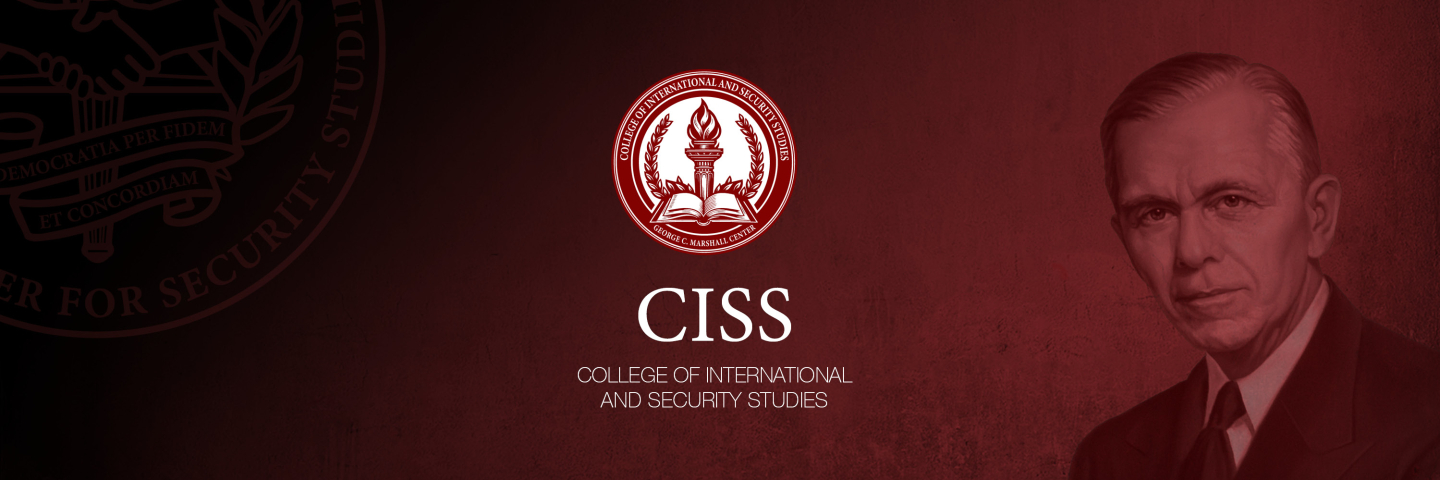
Resident Courses
The Marshall Center launched a new program plan in 2026, marking the most significant transformation of its resident courses, in-region engagements, and senior-level dialogues in more than three decades.
The new model replaces traditional stand-alone courses with an integrated program designed to strengthen European-led defense, promote burden-sharing among allies and partners, and ensure the Marshall Center can swiftly adjust to shifts in policy requirements. The goal of this transformation is simple: produce tangible outcomes that improve partner capability while remaining flexible and adaptive as new challenges emerge.
For the first time, registration for resident courses is open to self-funded professionals from government, defense, industry, and academia.
Tuition costs will be finalized during the application process. Exact lodging, travel, and meal costs are the responsibility of the individual traveler or their organization.
Applications are now being accepted for the third resident course, Hybrid Threats and Cybersecurity.
Applications for the final resident course in 2026, Emerging Security Issues, will be available soon.
Have questions? Contact the Marshall Center at info [at] marshallcenter.org (i)info [at] marshallcenter.org (nfo)info [at] marshallcenter.org (@marshallcenter.org).
